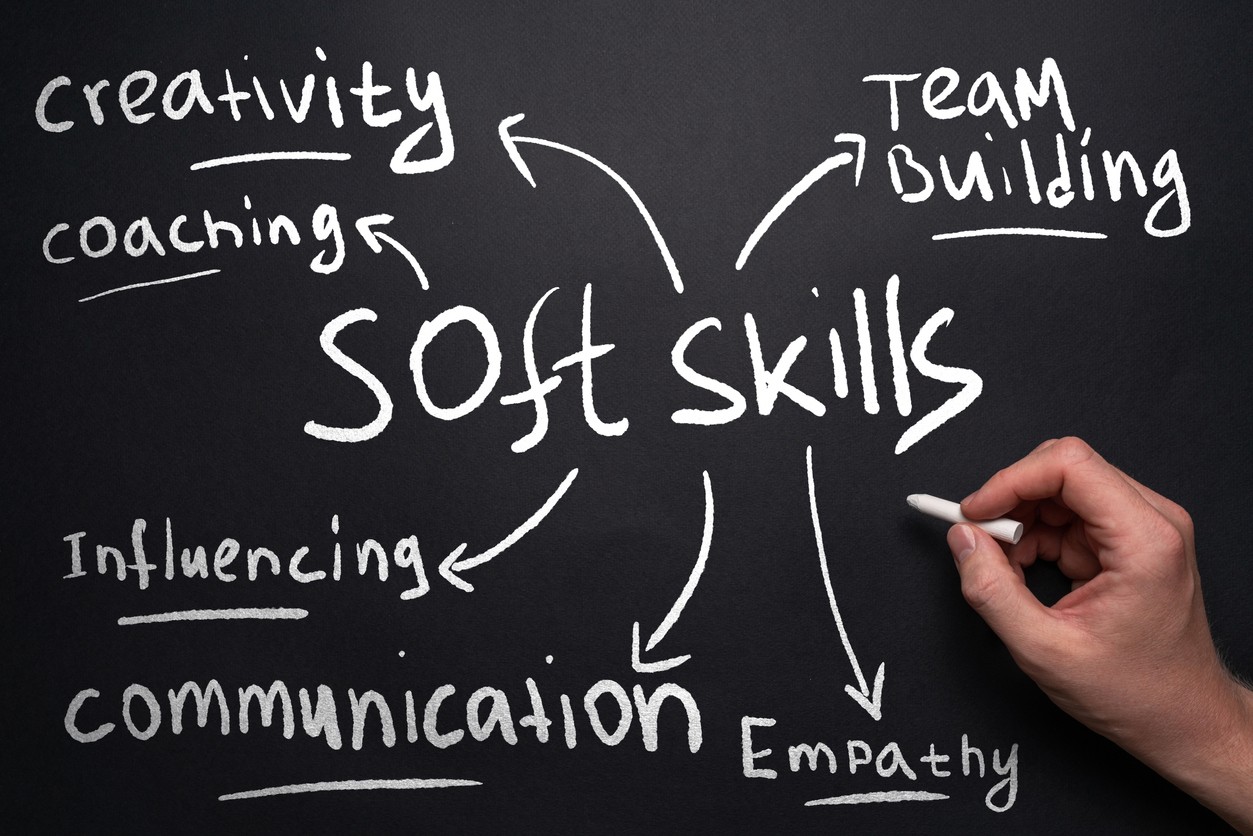
There is a formal or perhaps informal plan for learning the technical skills necessary to perform well when starting a new job.
For example, someone will show you how to use the equipment properly, the procedures involved in documentation and even where the off switch is.
These are the kinds of hard skills necessary to function well.
Unfortunately, however, more and more employers find that their new employees lack the soft skills essential to excel at their jobs.
The US Department of Labor Office of Disability Employment Policy recently presented a paper entitled Soft Skills: The Competitive Edge, suggesting that employers view soft skills as even more critical to work readiness than traditional hard skills.
They list the following competencies as the keys to becoming a successful worker in the 21st-century workplace.
- Networking
- Enthusiasm
- Professionalism
- Communication skills
- Teamwork
- Problem solving and critical thinking
Hard skills aren’t necessarily hard to pick up.
They can easily be taught with appropriate documentation, feedback and repetition over time.
Soft skills are often more challenging to develop.
They are closely linked to personal character and don’t have defined procedures for improvement.
In addition, soft skills are simply harder to measure quantitatively.
While hard skills can often be documented and mastered, soft skills take repeated effort and practice to form habits and change behavior.
Likewise, leadership and communication skills aren’t one-and-done tasks.
Instead, it can take years of application with constructive feedback to become effective.
Everyone has a different capacity to learn and master soft skills.
For example, a shy person can become an effective public speaker, but it may not come naturally.
An independent task-oriented individual needs repeated feedback about working better on a team.
Learning problem-solving skills will take being exposed to an extensive array of problems to learn strategies that work in various situations.
The key to mastering soft skills is motivation.
Soft skills can be acquired, but the individual must be motivated.
They also must see the need to learn.
An employee with excellent technical skills who repeatedly is overlooked for promotion will soon realize that combining hard skills and soft skills is the key to success.
Barby Opyt of Caveo Learning says, “Motivation to change is key to developing soft skills that are not a natural part of an individual’s personality.”
It takes conscious effort, ongoing practice and a commitment to self-development to improve your soft skills.
Hard skills may look impressive on your CV, but the soft skills will set you apart from the many candidates who have similar expertise to you.
How can you improve your soft skills?
Dynamic Works Institute has built over 160 five-minute POWER courses to help you.
You can develop your soft skills in less than 5 minutes with easy-to-follow, narrowly focused video-based learning that will improve your chances of getting that job you want; or moving up the ranks in your company.
For example, you’ll learn specific ways to improve your communications and customer services skills.
In addition, we’ve got courses in problem-solving and decision making and leadership skills that will help you shine.
At the same time, you can also build your confidence and learn how the meshing of soft and hard skills can help you excel in today’s workplace and the future.
Check out our Power Course Roadmaps.
The 5 Minute Countdown Series for Job Seekers offers fifty-two 5-minute online crash courses that support every phase of your career journey and increase the chances of getting a job while speeding up the job search process.
You’ll find tracks that help you find Your niche or master essential interview skills.
You’ll even find courses to help with the job search, including resume writing and e-portfolio building.
We’ll even help you with the skills you need once you land the job!
The Customer Service track offers fifty-five courses that help you build your self-confidence and become a more effective communicator.
Courses cover customer communication, problem-solving, extreme customer service, self-confidence, handling difficult situations and self-direction.
Communication is our third track with fifty-five 5 minute courses to assist you in developing your communication style.
You’ll learn how to communicate verbally, non-verbally effectively and written communication.
In addition, you can learn to build self-confidence and, at the same time, figure out a path for self-improvement.
If becoming a more effective and inspiring leader is your goal, our Leadership track is for you.
You’ll be able to take eighty-nine different 5 minute crash courses in leadership communication, team building, vision and networking.
You are sure to find a video to help you learn the crucial skills you need to take your leadership to the next level.
With over 160 five minute POWER Courses to choose from, you will excel in today’s workplace and the future.
What are you waiting for?
Get started today! Contact us as Dynamic Works for more information.



